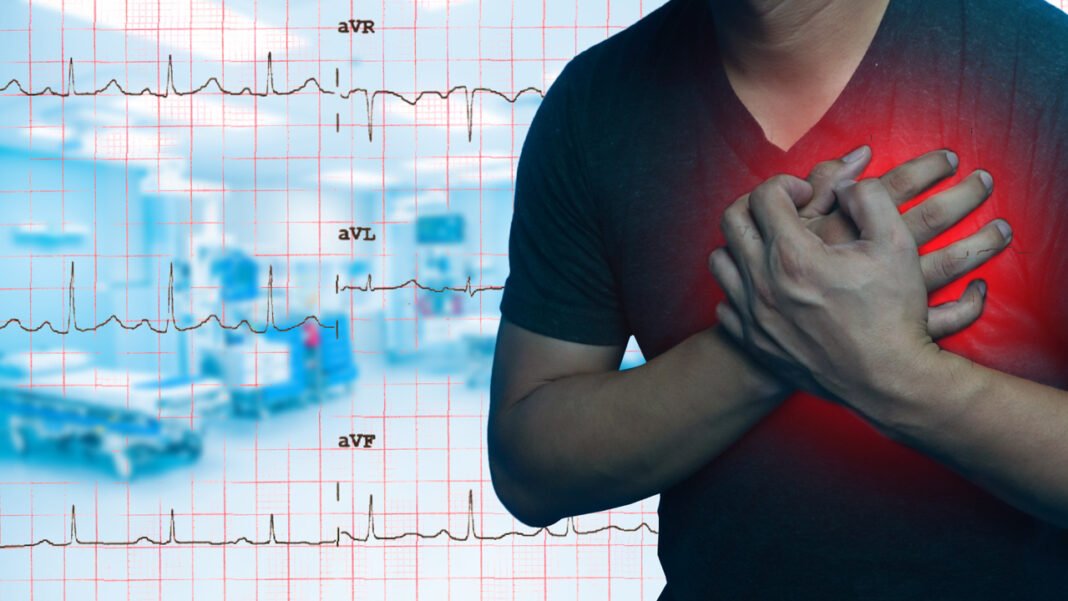Heart attacks are serious medical emergencies that require immediate attention. Recognizing the symptoms and taking prompt action can save lives. Here’s how you can identify heart attack symptoms and provide assistance to someone in need:
Understanding Heart Attack Symptoms
- Chest Pain or Discomfort: One of the most common symptoms of a heart attack is chest pain or discomfort. It may feel like pressure, tightness, fullness, or squeezing in the center of the chest. The pain may also radiate to the arms, shoulders, neck, jaw, or back.
- Shortness of Breath: Difficulty breathing or shortness of breath is another indicator of a heart attack. The person may feel like they can’t catch their breath, even when resting.
- Nausea and Vomiting: Some people experiencing a heart attack may feel nauseous or vomit, often without any apparent reason.
- Cold Sweats: Cold sweats, along with clammy skin, can be a sign of a heart attack. The skin may feel cool and moist to the touch.
- Dizziness or Lightheadedness: Feeling dizzy or lightheaded, or experiencing sudden weakness, can occur during a heart attack. The person may also feel faint or lose consciousness.
Taking Action to Help Someone in Need
- Call Emergency Services: If you suspect someone is having a heart attack, call emergency services immediately. Time is of the essence, and getting medical help quickly is crucial.
- Stay Calm and Reassure the Person: While waiting for help to arrive, stay calm and reassure the person experiencing the symptoms. Let them know that help is on the way and encourage them to remain as calm as possible.
- Help the Person Rest: Assist the person in finding a comfortable position to rest, such as sitting or lying down. Loosen any tight clothing and provide support as needed.
- Monitor Vital Signs: Keep an eye on the person’s vital signs, such as their pulse and breathing. Be prepared to administer CPR if necessary, but only if you are trained to do so.
- Do Not Delay Treatment: Even if the symptoms seem mild or go away, it’s essential to seek medical attention promptly. It’s better to err on the side of caution and let healthcare professionals assess the situation.































